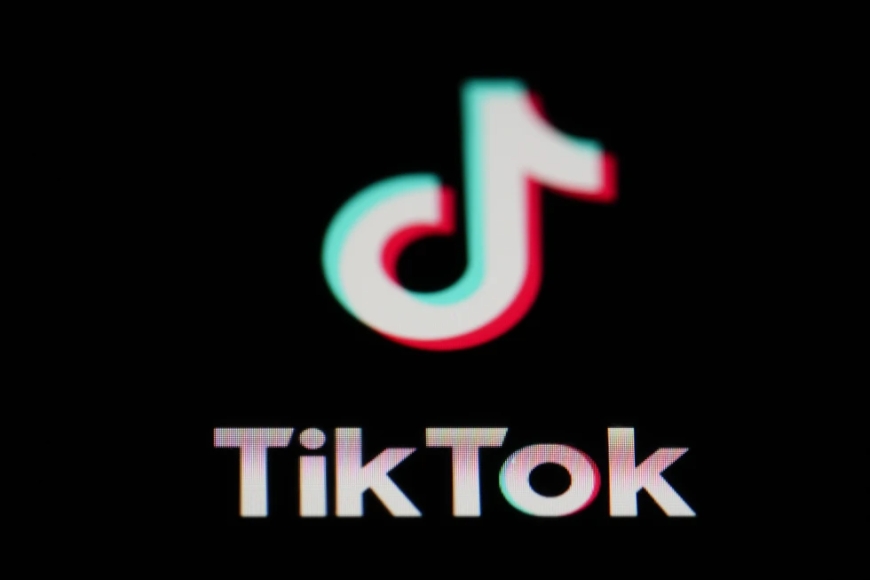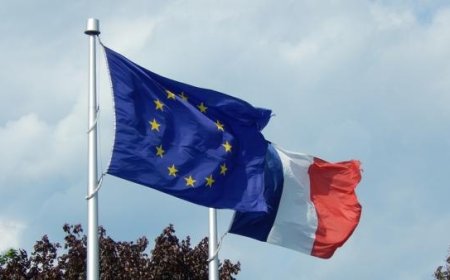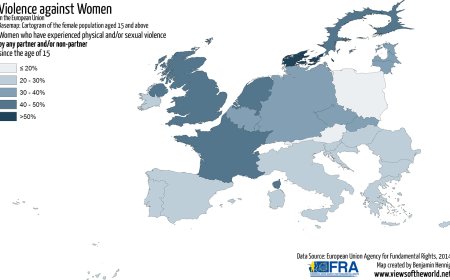The Justice Department has filed a lawsuit against TikTok, accusing the popular social media platform of illegally collecting children's data and violating a previous settlement agreement. The complaint, filed in collaboration with the Federal Trade Commission (FTC) in a California federal court, comes amid ongoing legal battles that could impact TikTok's operations in the United States.
According to the lawsuit, TikTok and its parent company ByteDance are alleged to have breached the Children's Online Privacy Protection Act (COPPA) by failing to obtain parental consent before collecting personal information from users under 13. The complaint also states that TikTok did not honor parents' requests to delete their children's accounts, even when it was evident the accounts belonged to minors.
"This action is necessary to prevent the defendants, who are repeat offenders and operate on a massive scale, from collecting and using young children's private information without any parental consent or control," said Brian M. Boynton, head of the Justice Department’s Civil Division.
TikTok has disputed the allegations, claiming they relate to outdated practices that have been addressed. "We offer age-appropriate experiences with stringent safeguards, proactively remove suspected underage users, and have voluntarily launched features such as default screen time limits, Family Pairing, and additional privacy protections for minors," the company stated.
The lawsuit follows an FTC investigation into whether TikTok complied with a 2019 settlement agreement involving its predecessor, Musical.ly. The federal government had sued Musical.ly for COPPA violations, resulting in a $5.7 million fine and a court order mandating compliance with COPPA. The current complaint alleges that TikTok has not adhered to these requirements, allowing children to create accounts and retaining their personal information without parental notification.
Further, the Justice Department and FTC accuse TikTok of collecting data from "Kids Mode" users, a feature intended for children under 13 that restricts content uploads but allows video viewing. The data collected reportedly includes user activities and identifiers used to build profiles, which were shared with companies like Meta's Facebook and the analytics firm AppsFlyer to engage less active users.
The complaint also highlights TikTok's deficient age verification and account deletion processes. TikTok allegedly allowed account creation without verifying users' ages and made it difficult for parents to delete their children's accounts. Additionally, the complaint asserts that TikTok’s moderators spent minimal time reviewing accounts flagged as potentially belonging to children and did not utilize available technology to identify and remove these accounts effectively.
The alleged violations have led to millions of children under 13 using the regular TikTok app, exposing them to adult interactions and content. The government is seeking fines and a preliminary injunction to prevent further violations.
This lawsuit is part of a broader scrutiny of social media companies' handling of children's data. In 2019, Google and YouTube paid $170 million to settle allegations of illegal data collection from children. Last year, several U.S. states sued Meta Platforms Inc., accusing it of harming young people by designing addictive features on Instagram and Facebook and collecting data from children under 13 without parental consent.
The outcome of the TikTok lawsuit could have significant implications for the platform's future in the U.S. and set a precedent for how social media companies manage children's privacy and data protection.













































